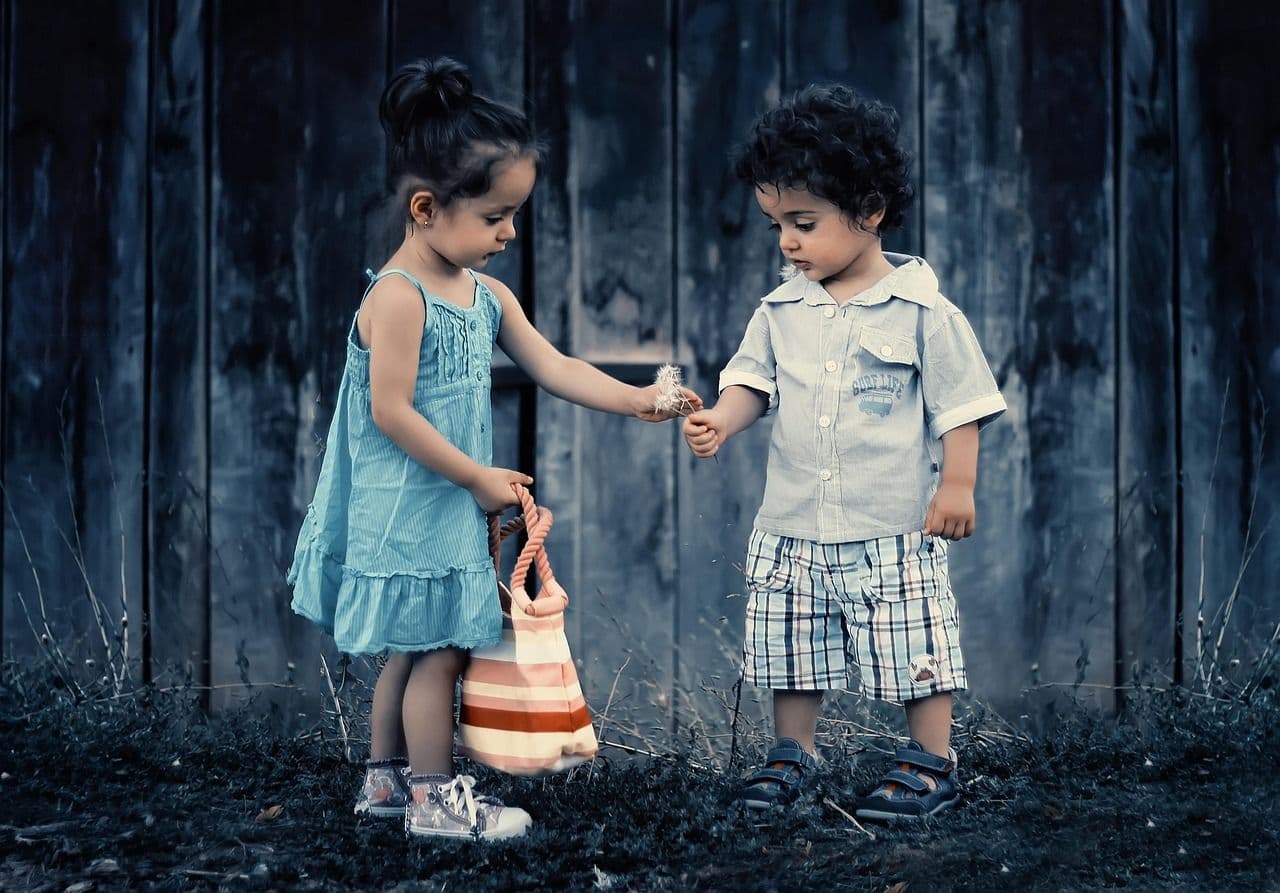Top Stories
Sibling Rivalry: How Fights Foster Emotional Intelligence in Kids

Sibling disputes over toys, competition in games, and the occasional slamming of doors are common scenarios in families with multiple children. These conflicts, as noted by experts, are a normal part of growing up and often occur in waves. Psychologists explain that consistent boundaries and proper guidance during disputes offer essential lessons in social skills and emotional literacy, according to a report by Mother.ly.
Relationships among siblings can be complex. Experts assert that warmth in these relationships contributes to better social and emotional outcomes during childhood and adolescence. Children can experience feelings of closeness and irritation simultaneously. With appropriate adult support, these experiences can become productive, teaching children how to calm down, listen, negotiate, and mend relationships.
Equity is crucial for children, as they often pay close attention to who receives what, why, and when. In parenting, it is vital to avoid comparisons and clearly explain differences in rules based on age. Good sibling relationships do not depend on perfection or ideal personality combinations. What truly makes a difference are everyday habits and how adults guide children through conflicts, as highlighted by Klix. Psychologists encapsulate this idea with the phrase: “Conflict is a classroom, and love is the subject.”
Establishing a clear framework for behavior can significantly reduce sibling rivalry. A brief list of household rules that emphasizes no hitting or name-calling provides children with structure. Consequences for breaking rules should be brief, consistent, and applied immediately when safety is at risk.
Additionally, setting aside individual “special time” of around ten minutes with each child can greatly diminish competition. Anticipating critical moments in the day, such as morning rushes, car rides, or bedtime preparations, can help preempt conflicts.
As a Harvard expert has shared, “Mistakes are not important.” Sibling disputes will continue to exist as part of the growing process. Nonetheless, with clear boundaries, fairness, and gentle guidance, children learn to share space, negotiate, and care for one another.
-

 Entertainment3 months ago
Entertainment3 months agoAnn Ming Reflects on ITV’s ‘I Fought the Law’ Drama
-

 Entertainment4 months ago
Entertainment4 months agoKate Garraway Sells £2 Million Home Amid Financial Struggles
-

 Health2 months ago
Health2 months agoKatie Price Faces New Health Concerns After Cancer Symptoms Resurface
-

 Entertainment2 months ago
Entertainment2 months agoCoronation Street’s Carl Webster Faces Trouble with New Affairs
-

 Entertainment2 months ago
Entertainment2 months agoWhere is Tinder Swindler Simon Leviev? Latest Updates Revealed
-

 Entertainment4 months ago
Entertainment4 months agoKim Cattrall Posts Cryptic Message After HBO’s Sequel Cancellation
-

 Science4 weeks ago
Science4 weeks agoBrian Cox Addresses Claims of Alien Probe in 3I/ATLAS Discovery
-

 Entertainment4 months ago
Entertainment4 months agoMarkiplier Addresses AI Controversy During Livestream Response
-

 Entertainment2 months ago
Entertainment2 months agoOlivia Attwood Opens Up About Fallout with Former Best Friend
-

 Entertainment3 months ago
Entertainment3 months agoMasterChef Faces Turmoil as Tom Kerridge Withdraws from Hosting Role
-

 Entertainment4 months ago
Entertainment4 months agoSpeculation Surrounds Home and Away as Cast Departures Mount
-

 World2 months ago
World2 months agoCole Palmer’s Mysterious Message to Kobbie Mainoo Sparks Speculation











